On the afternoon of October 25, a discussion on international cooperation in preventing and combating online fraud crimes was held within the framework of a series of activities at the Opening Ceremony of the United Nations Convention against Cybercrime ( Hanoi Convention).
Speaking at the seminar, Deputy Minister of Public Security Pham The Tung emphasized that the world is now entering the digital age, with the remarkable development of science and technology becoming the driving force for socio-economic development on a global scale.
However, along with these great opportunities, cyberspace also gives rise to and increases high-tech crimes. In particular, recently, online fraud crimes have become extremely complex, tending to increase sharply, causing great damage to people in many countries.
In Vietnam, recent years have witnessed strong development in science and technology, the level of application and use of the Internet ranks high in the region and the world.
As of September 2025, Vietnam will have more than 78.4 million Internet users, accounting for about 80% of the population; more than 72 million social network users; nearly 170 million mobile connections in Vietnam, equivalent to about 170% of the population.
Besides the benefits of science and technology, Vietnam faces great difficulties and challenges in ensuring security and order in cyberspace.
Typically, the increasing trend of cybercrime and online fraud crimes is complicated, occurring in many areas and fields such as finance, employment brokerage, e-commerce, causing great damage and frustration in public opinion, production activities and people's lives.
In 2024, the Vietnamese Ministry of Public Security discovered more than 6,000 cases related to online fraud, with total losses of more than 12,000 billion VND. Police units and localities investigated and prosecuted many cases and defendants for fraud and appropriation of property or using computer networks, telecommunications networks, and the internet to commit acts of appropriation of property.
Fraud crimes occur in most localities across the country, accounting for a high proportion of the criminal structure, diverse in form, and with a transnational scope of operations.
The subjects constantly change their methods, using many new criminal tricks; their activities are more sophisticated and professional; they have connections and learn from the experiences of criminal gangs around the world... In particular, the subjects currently committing crimes are mainly located in neighboring countries and border areas of Vietnam.
This is also one of the difficulties of authorities in the process of investigating, arresting and handling this type of crime.
Online fraud criminals in Vietnam, in addition to thoroughly exploiting the characteristics of anonymity, cross-border, new techniques and scientific and technological developments, also grasp events and trends related to people's activities and lives to build and upgrade increasingly sophisticated and professional fraud scenarios, making it increasingly difficult for victims to recognize and proactively prevent.
Through the work of preventing, combating and handling online fraud crimes, the Vietnamese Ministry of Public Security has identified 4 main groups of fraud methods today.
Impersonation tricks include a number of acts, such as impersonating law enforcement agencies such as the Police, the Procuracy, or the Court to notify victims related to the case, requesting people to update their VNeID version and personal identification code; impersonating employees of electricity companies, water supply companies, and tax authorities to request payment of money to appropriate or install fake applications containing malicious code to take control of devices and appropriate property...
Romance fraud tricks include a number of behaviors, such as creating a virtual character with a beautiful image and profile, trying to get acquainted and gain trust, then enticing the victim to participate in high-commission purchasing activities to appropriate money; enticing and tricking the victim into filming or taking nude photos, then controlling and blackmailing them...
Investment fraud involves creating virtual currency exchanges, gold exchanges, stocks, e-commerce, etc. to attract people to invest. When players deposit large sums of money into these exchanges, the scammers will crash the exchanges or “burn” the players’ accounts to steal their investment money.
Methods of spreading malware include spreading malware that penetrates the information systems and databases of organizations and individuals, especially businesses that have investment and business relationships with foreign partners. After appropriating the database, criminals research and fake similar emails of foreign partners, then text and send emails requesting to change the beneficiary account number, requesting the partner to pay via the designated fake account for appropriation; build fake websites of banks, e-commerce platforms... send links containing malware to customers in the form of promotional programs, when the victim clicks on the link containing malware, criminals will take control of the mobile device to carry out acts of appropriation of property...
Faced with the complicated developments of online fraud crimes, the Vietnamese Ministry of Public Security has focused on synchronously implementing working measures from prevention, detection, combat, and handling of all types of crimes and organizations in a unified and consistent manner from the central to local levels.
Notable examples include: consulting on amending and perfecting regulations related to cyber security, telecommunications management, and digital financial services to narrow the legal gap exploited by online fraudsters.
Strengthen the work of grasping the situation, investigating and strictly handling typical, transnational and high-tech fraud cases. Regularly coordinate with cross-border service providers to review, detect and coordinate to prevent websites and accounts with signs of online fraud activities.
Vietnamese authorities have also stepped up social prevention work, propagating warnings to people... In particular, most recently, we have also coordinated with Google and TikTok to deploy propaganda campaigns to prevent and combat fraud crimes; established the Digital Trust Alliance with the participation of platforms, service providers, reputable and influential people on cyberspace to participate in propaganda work, creating a strong ripple effect...
The Deputy Minister of Public Security also emphasized the need to promote international cooperation in the fight against cybercrime. “In particular, the Vietnamese Ministry of Public Security is deeply aware that no country can solve all the challenges of cyber security and combating cybercrime on its own.
Recently, Vietnam has increased coordination with other countries in the fight against transnational fraud crimes and has achieved good results," said the Deputy Minister of Public Security.
In the coming time, high-tech crimes, especially direct fraud crimes, will continue to develop in a complex manner. Subjects will increasingly take advantage of new technologies, thoroughly exploiting scientific and technical achievements to build scenarios to approach people to commit acts of fraud and property appropriation.
Forming cross-border criminal organizations, headquartered in countries with many loopholes in the legal system to target victims in many countries around the world.
"To solve the above difficulties and challenges, the Vietnamese Ministry of Public Security assesses that it is necessary to have the cooperation, coordination and joint action of countries around the world," Deputy Minister Pham The Tung emphasized.
At the seminar, based on the current practice of fighting and preventing online fraud crimes, delegates from countries and international organizations discussed, evaluated, shared experiences, and proposed solutions to effectively prevent cybercrimes, including online fraud crimes, in the coming time.
Delegates pointed out that, besides the achieved results, the fight against online fraud crimes still faces a number of difficulties and challenges.
Criminals take full advantage of OTT applications, social networks, cross-border internet services, new technologies such as AI, Deepfake... to reach people and commit online fraud; take advantage of electronic payment methods, payment gateways, international payments, cryptocurrencies, and crypto currencies that are always in circulation, concealing traces of criminal proceeds.
Coordination between authorities and service providers and transnational enterprises has not met requirements, affecting the progress of investigation, verification and handling of cases. Criminals have thoroughly exploited foreign locations to commit crimes.
Meanwhile, international cooperation in supporting the verification and investigation of criminal activities is still limited and not very effective. In addition, each country has a different legal system and investigation process, making it difficult to share information and coordinate actions.
Speaking at the workshop, US Ambassador to Vietnam Marc E. Knapper emphasized that this is a good time to discuss this issue.
Previously, fraud was mainly at the individual level, but now there are also fraud centers and international fraud lines, causing great economic and security damage. This further confirms that no country can solve the problem alone, requiring increased international and inter-national cooperation.
The next step, the Ambassador said, is to raise people's awareness of the risks and dangers of online fraud, especially for vulnerable groups such as the elderly, children, etc../.
Source: https://www.vietnamplus.vn/thuc-day-hop-tac-quoc-te-trong-phong-chong-toi-pham-lua-dao-truc-tuyen-post1072662.vnp





![[Photo] Nhan Dan Newspaper displays and solicits comments on the Draft Documents of the 14th National Party Congress](https://vphoto.vietnam.vn/thumb/1200x675/vietnam/resource/IMAGE/2025/10/26/1761470328996_ndo_br_bao-long-171-8916-jpg.webp)
![[Photo] General Secretary To Lam received the delegation attending the international conference on Vietnam studies](https://vphoto.vietnam.vn/thumb/1200x675/vietnam/resource/IMAGE/2025/10/26/1761456527874_a1-bnd-5260-7947-jpg.webp)
![[Photo] Enjoy the Liuyang Fireworks Festival in Hunan, China](https://vphoto.vietnam.vn/thumb/1200x675/vietnam/resource/IMAGE/2025/10/26/1761463428882_ndo_br_02-1-my-1-jpg.webp)
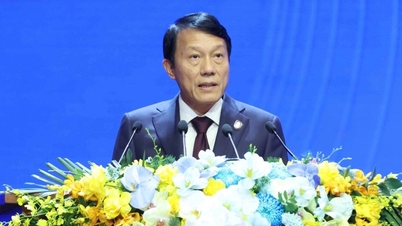

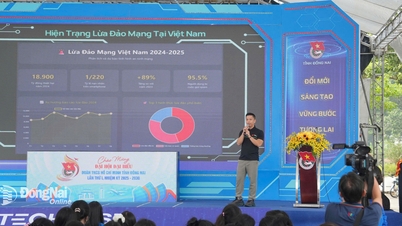

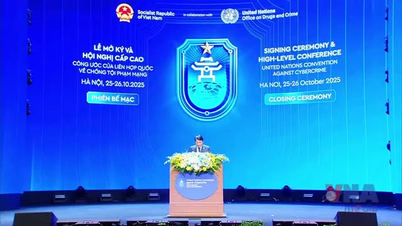
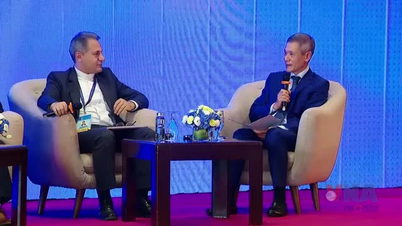
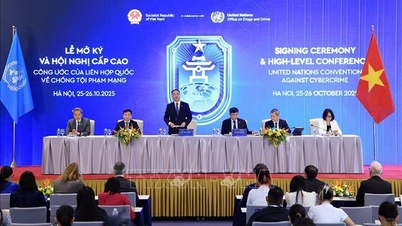


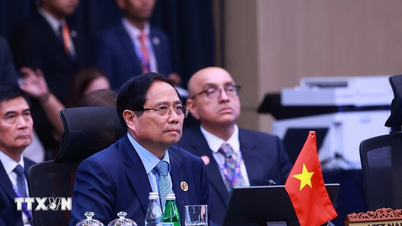
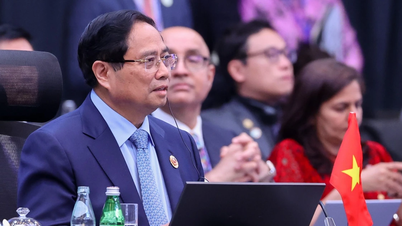

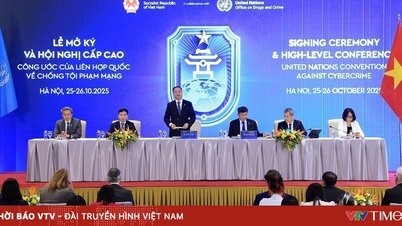

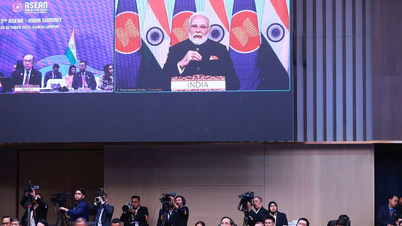
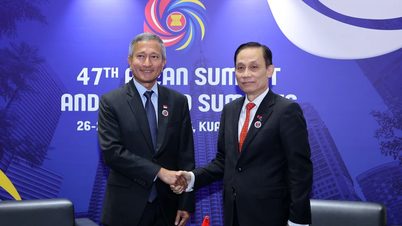





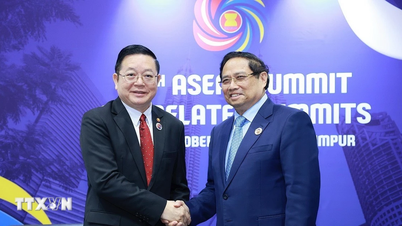
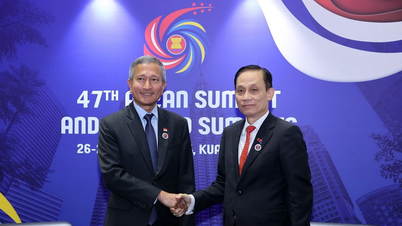
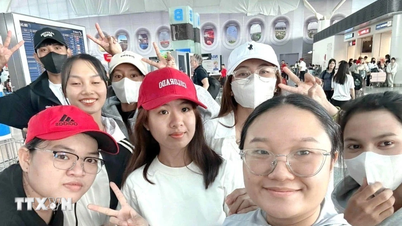
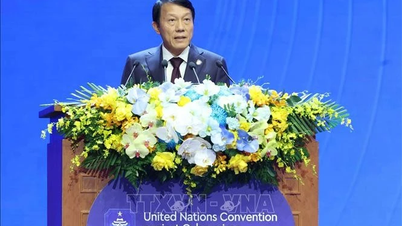
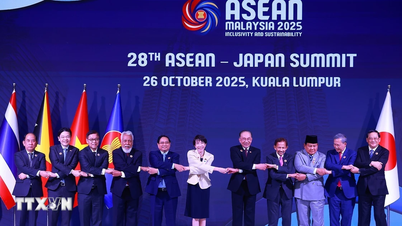
![[Photo] Prime Minister Pham Minh Chinh attends the opening of the 47th ASEAN Summit](https://vphoto.vietnam.vn/thumb/1200x675/vietnam/resource/IMAGE/2025/10/26/1761452925332_c2a-jpg.webp)







































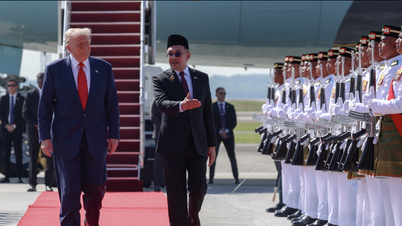

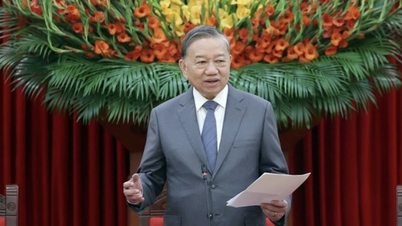

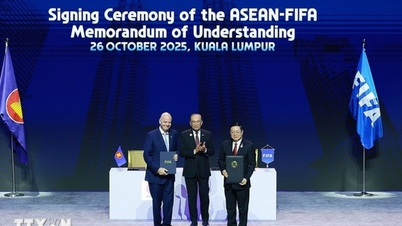

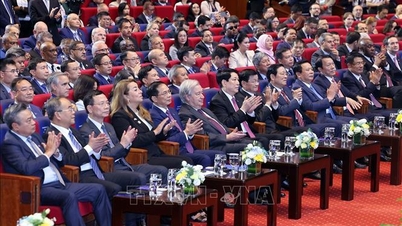

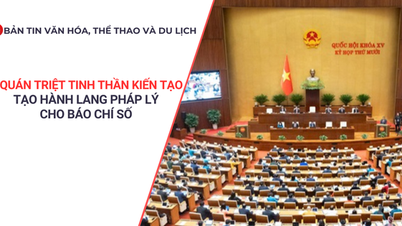



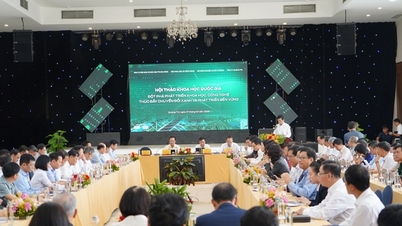



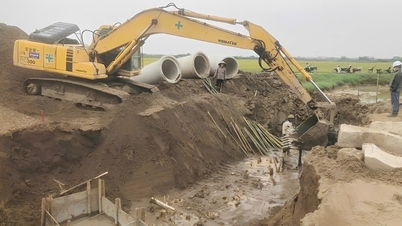

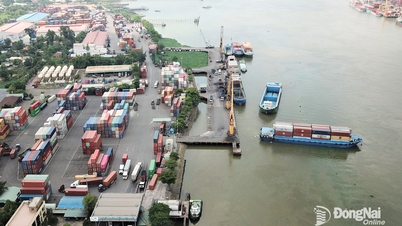
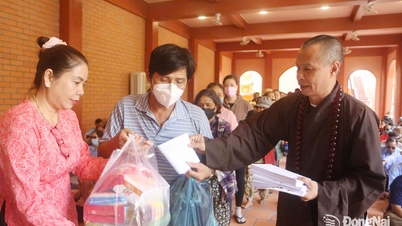
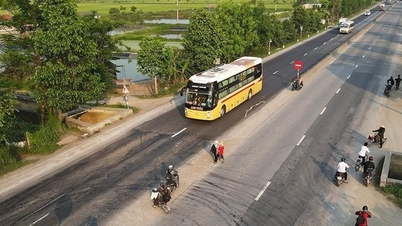

















Comment (0)